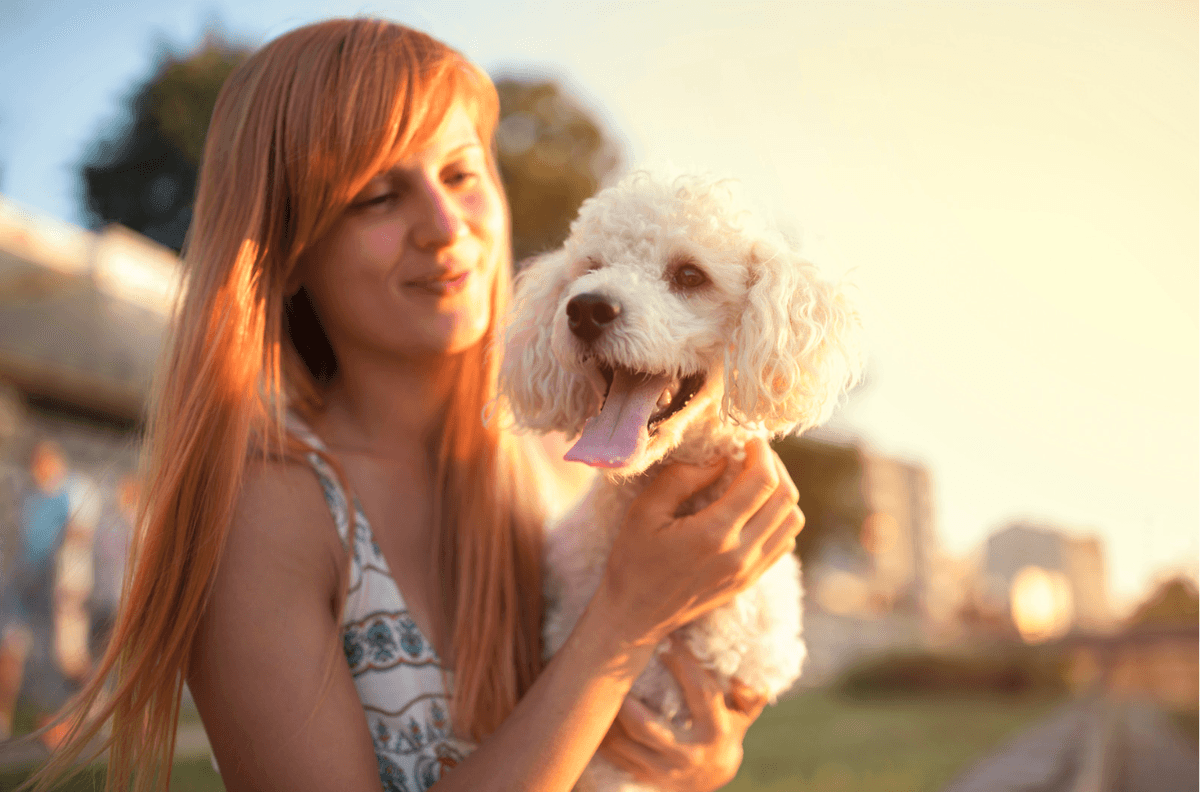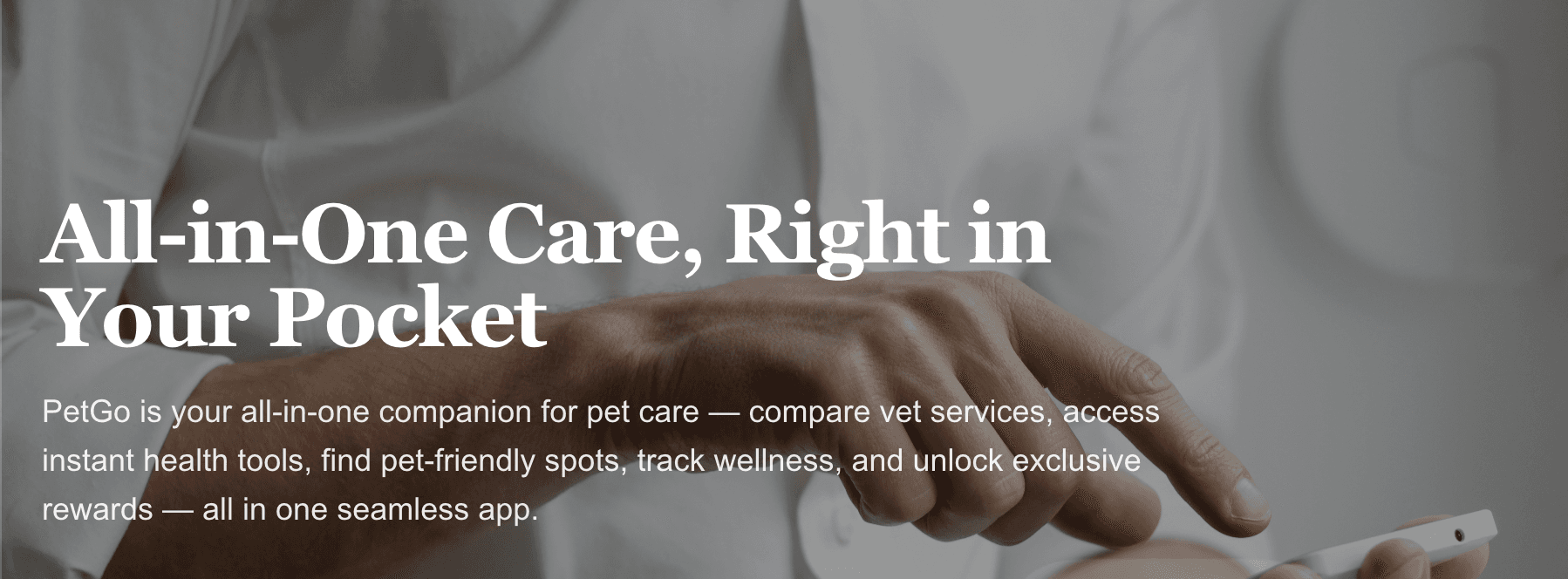Puppy Care Guide
Week 13 – Understanding Toilet Training & Common Habits

“Every puppy learns at their own pace — with your patience and love, they’ll thrive.”
Toilet training can be one of the trickiest parts of puppyhood. At 13 weeks old, your puppy is still learning how and where to go — and it’s totally normal for accidents to happen. With calm consistency, your puppy will soon develop lifelong good habits.
Q. My puppy eats poop! What should I do?
There are several reasons behind this behavior — called coprophagia. Some puppies learn it from other dogs or pick it up in stressful or confined environments where food and cleanliness were inconsistent. Others may do it out of boredom, hunger, or fear of being scolded for accidents.
Stay calm and consistent. Harsh reactions can make the problem worse by creating anxiety.
💡 Helpful Tip
Identify any stress triggers — such as loud noises or being left alone — and try to reduce them. Use positive reinforcement to guide your puppy toward better habits.
Q. How should I start toilet training?
One golden rule: Never interrupt or move your puppy while they’re eliminating. Avoid scolding — it can cause confusion or fear and delay learning.
Even if your puppy regresses after progress, that’s normal! At this age, their control and understanding are still developing.
📍 Key Point
A three-month-old puppy is still a baby. They’ll make mistakes — but those mistakes are how they learn. Stay patient and consistent.
Q. My puppy goes to the bathroom everywhere — how can I fix this?
Limit their roaming area until they understand where the pad is. Place 2–3 pee pads in common play zones and guide your puppy there whenever they sniff or circle. Praise and reward immediately after success.
Gradually reduce pads over 2–3 weeks to one consistent spot. Keep the area clean — dogs prefer tidy spaces and will avoid soiled spots.
Q. My puppy pees on the pad but poops anywhere!
This usually means the pad feels too small or dirty for defecation. Widen the pad area, refresh it frequently, and keep it odor-free. Dogs want a clean, private space to do their business.
Remember, when dogs defecate outdoors they often circle to find a suitable spot — it’s instinct. Give your puppy time to do the same indoors.
Q. What if my puppy keeps eating poop even after cleaning?
Clean up immediately after they finish so there’s no chance to experiment. Redirect calmly and offer a treat right after they go — this builds a positive association with the act.
💗 Gentle Guidance Matters
- Stay calm and positive — praise more, scold less.
- Replace “No!” with “Let’s go potty here instead.”
- Reward immediately after doing it correctly.
- Remember — dogs want to please you. They just need to understand how.
🌷 Final Reflection
Toilet training, eating habits, or quirks — they’re all part of your puppy’s growth journey. What matters most is your understanding, love, and consistency.
A puppy raised with patience doesn’t just learn where to go — they learn that home is a safe place.
Continue with PetGo’s Puppy Care Guide
Gentle training builds confident dogs — PetGo is here to support your puppy every step of the way.
© 2025 PetGo. All Rights Reserved
